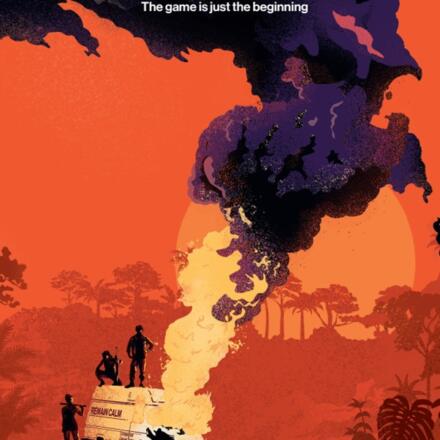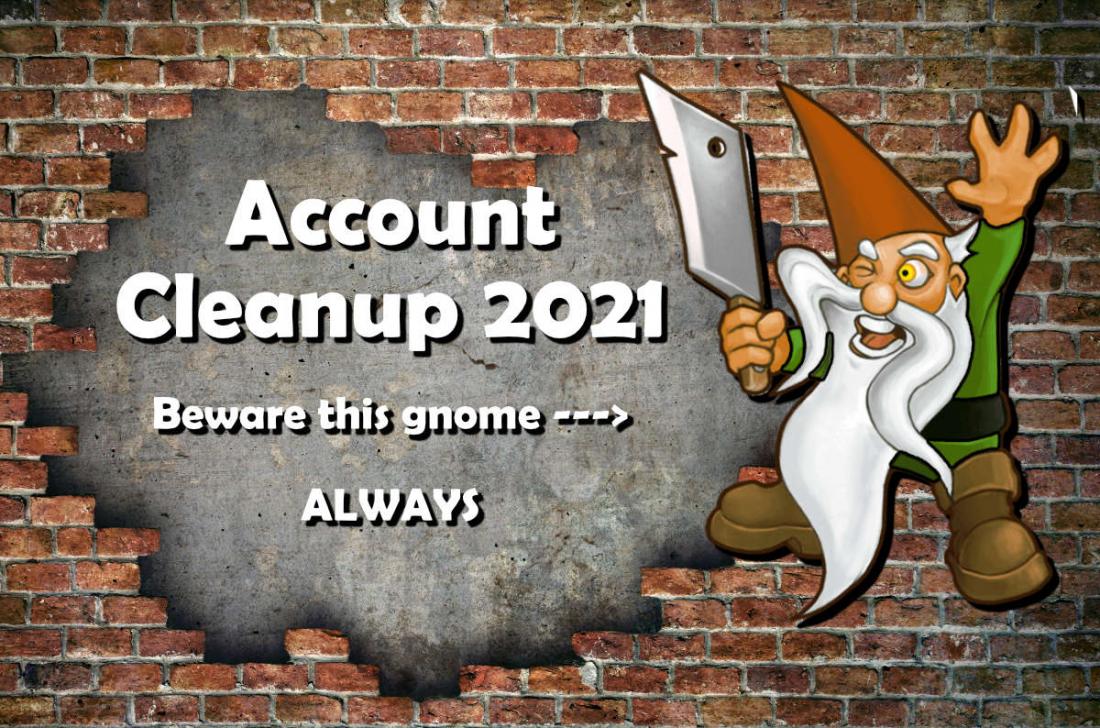When I first started playing, I was just a teenager and it felt like there was never anything getting in the way of us gaming. We played every weekend and more than that during the summer. When I got to college it was pretty much the same, but I also had a license and a car and could drive myself to games. Gaming was glorious and often.
Today, though, the biggest obstacle to playing is getting games scheduled. I think we can all acknowledge that the desire to play does not always equal the ability to get a game to the table.
Scheduling is a topic that has been covered before her on the Stew, both directly and indirectly, but it is a recurring issue we all face when engaging with this hobby. I am blessed with several ongoing games, but lately it seems like everyone has stumbled due to scheduling issues. Long gone are those rosy days of youth when our obligations were few and our free time expansive. Now we juggle our jobs, our families, our commitments, and any other hobbies we enjoy. Life is complicated.
When the D&D Movie, “Honor Among Thieves” had its opening pushed back this past March, we all joked that was about the most on the money thing that could happen to a movie based on an RPG.
So, let’s talk about some thoughts regarding scheduling:
- Have a cat herder. The title implies an impossible task, which it can certainly feel like, but it’s a crucial one for the health of a group. The cat herder can take different forms, but in my group it’s the person who starts the conversation about when we’re going to game and sends out the reminders or calendar invites to make sure everyone stays on the same page. Treasure your cat herders because they are most likely the glue keeping your gaming group together.
- Become a cat herder. If your group doesn’t have a cat herder or you’re trying to get one together, it’s time to look at learning what it takes to become one. This is a set of skills that can be developed over time. It’s a mix of managing a calendar to keep track of what’s supposed to happen when, but also of communication so everyone else knows what’s what. Believe me, if you can manage this skill, your gaming life will be better for it.
- Be consistent. Consistency matters for both communication and the dates that you play on. Whatever cadence of play the group has agreed on, try to stick to that. This doesn’t mean be inflexible about things, but if the group agreed that Sunday afternoons are good, don’t suddenly start asking that group to show up on Wednesday evening. The other key to this is communicating about when you’re going to play. Some of my groups have a particular day we play, but we still e-mail a few days before to remind everyone. Other groups will plan out when we can play over period of time through a poll and pick days that work for the group as a whole.
- Be realistic about your time. We’ve all seen someone, or been the someone, who commits to a game and then misses a session. Then another session. And maybe out of four sessions, they’ve made it to one. Groups should have an understanding that real life comes first, but we also must understand when we’re overcommitting. When that happens, the best thing to do might be to gently bow out of the game with apologies to the rest of the group.
- Time of year doesn’t really matter. Sometimes we delude ourselves into thinking that everything will be easier when we get to summer, and everyone’s schedule opens up. Then summer gets busy, and we start thinking, “Well, in the fall everyone will be available again.” But then before you know it, we’re careening headlong into the holiday season. When you’re trying to get a group of several people together, schedule conflicts are going to pop up throughout the whole year no matter what your plans are.
- Know you’re not alone. When you’re starting to get frustrated that it seems like it’s impossible to get a game together, take comfort that this is a common problem most of us are dealing with. Even the most secure and longest lasting groups still deal with scheduling issues on occasion. It’s not the end of the world for a group to take a short hiatus while scheduling conflicts are handled. More than likely you’re gaming with friends, or at least friendly acquaintances. Show yourself and them a little grace.
- Be kind to one another. We all want to play. Very rarely is someone intending to be malicious or purposefully rude with scheduling difficulties (and if they are, why would you want to game with them anyway). While everything I have already said is important: consistency, communication, etc., we still need to remember that life is complicated and we need to keep a degree of flexibility. And sometimes kindness is admitting when a game may not be working for everyone involved.
Thankfully my gaming schedule seems to be smoothing out a bit. Well, at least until we hit the holidays coming up. Ah well, I’m sure it will all work out in the end. Have you had schedule problems to deal with like this?


















Like feels like trying to organize chaos in general for me all the time. I recently tried driving in china. Being a cat herder is exactly what it felt like there when you hit your first intersection. When im streaming with others or just setting up a game i give them as many incentives as possible to show up.